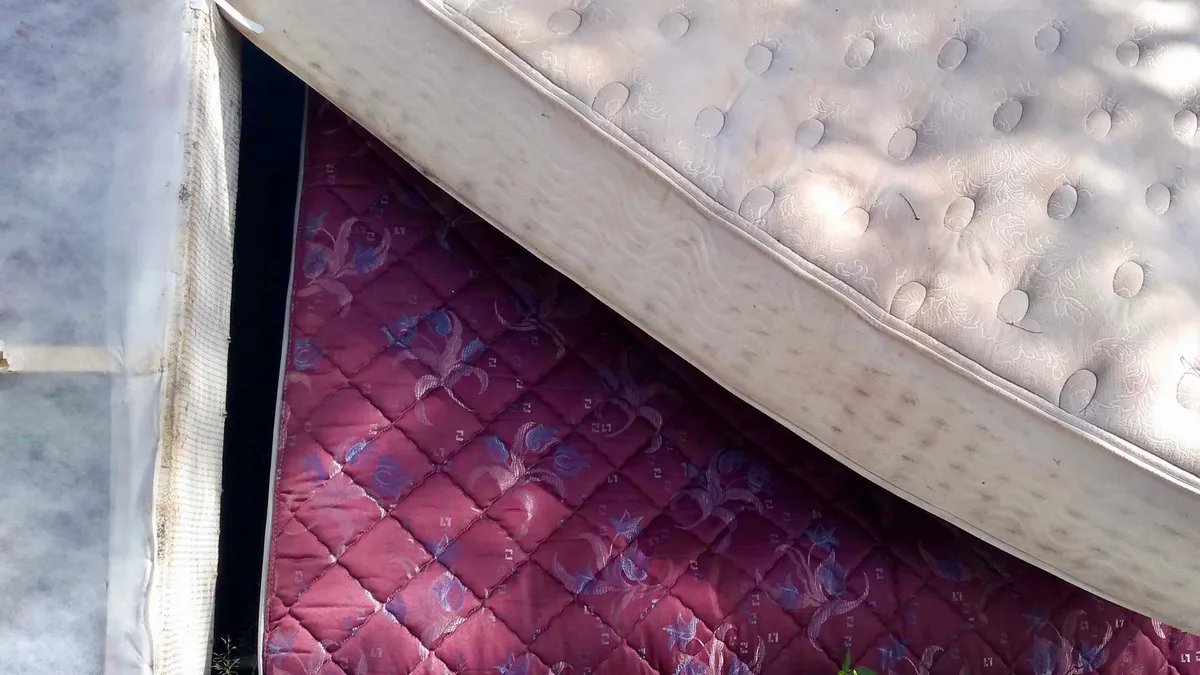A new set of waste bans took effect in Massachusetts on Tuesday that are affecting local governments along with waste and recycling operators.
Massachusetts has a goal to reduce waste disposal volumes 30% by 2030, relative to a 2018 baseline. The state’s Department of Environmental Protection recently reported that MSW volumes increased 2% between 2019 and 2020. The agency has a broader list of waste disposal bans it enforces in an effort to reduce waste disposal volumes.
During an Oct. 27 meeting of the agency’s Solid Waste Advisory Committee, staff shared updates on how the state’s three new waste ban changes will play out.
Commercial food waste
Massachusetts already has a policy in place requiring commercial entities that generate more than one ton of organic waste per week to arrange for disposal alternatives such as food recovery or recycling. Food waste comprises the largest portion of the state’s MSW, about one-fifth, according to MassDEP.
The original policy has been credited with spurring investment in organics collection, composting and anaerobic digestion infrastructure within the region. Now, that threshold is shifting down to a half-ton per week.
The agency projects around 2,000 new locations will be affected by this change, which is similar to the amount of locations affected by the prior threshold. While the MassDEP doesn’t have updated data on how many restaurants may have closed during the pandemic, the agency anticipates restaurants will still make up the largest share of this new group. Manufacturers, supermarkets and hotels, among other categories, are also expected to be affected.
Mattresses
Massachusetts sees an estimated 600,000 mattresses disposed per year, with about 200,000 of those coming from residential locations. Now, unless items are contaminated or infested, those mattresses must be diverted for recycling and can’t be set out for normal trash collection. This includes foam mattresses as well as box springs.
MassDEP estimates the state currently has capacity to recycle around 460,000 mattresses per year, though it says that number continues to grow. While the agency is offering municipal grants, plus the option to find mattress recyclers via a state contract, some local governments have been sharing concerns recently about cost factors and logistical challenges.
Textiles
Items such as clothing, footwear and other household textiles comprise an estimated 5% of the state’s waste stream. MassDEP estimates upward of 260,000 tons of textiles are disposed each year, but around 95% of that material is recoverable.
Like with mattresses, textiles in this category are not covered by the ban if they are contaminated. The state’s textile recycling network has expanded in recent years, with many municipalities now utilizing a mix of drop-off and household collection services.















